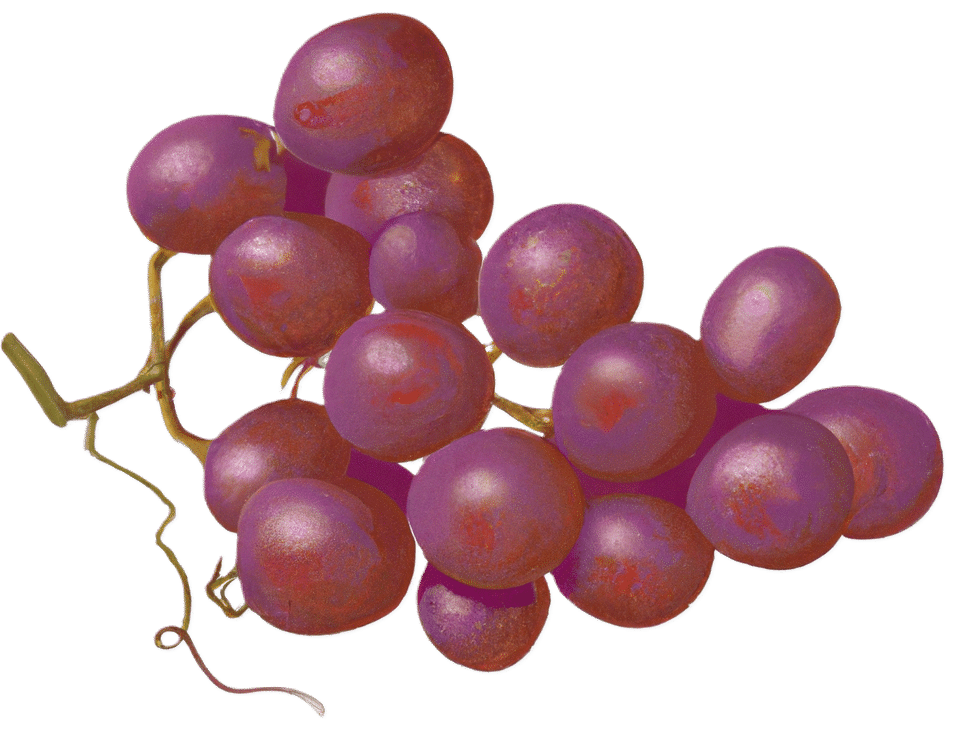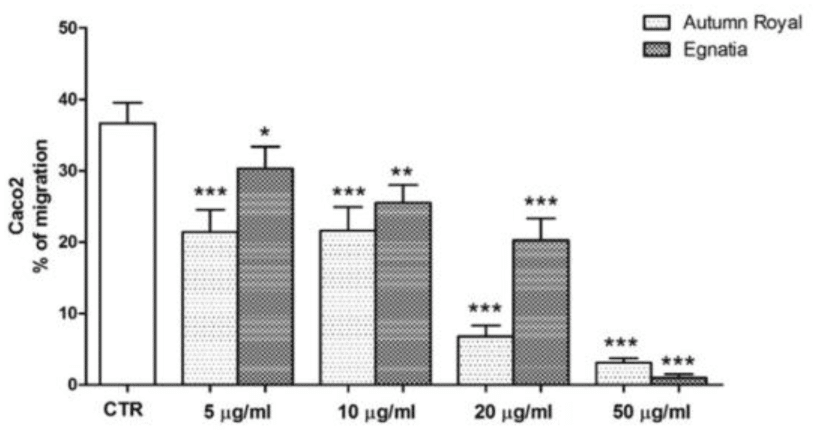Exploring the Antitumor Effects of Grape Extracts with Oris Cell Migration Assay
In a groundbreaking study by scientists in Italy and France, the antitumor effects of table grape extracts were brought into the spotlight. Employing the innovative Oris Cell Migration Assay, this research offers new hope in the fight against cancer, particularly colon carcinoma.
The Significance of Grape Extracts
Grapes, a common dietary staple, have long been valued for their health benefits. This study underscores their role in cancer prevention and treatment, particularly focusing on the antiproliferative effects of their skin extracts. The polyphenols present in these grapes, which are known for their antioxidant properties, play a crucial role in hindering cancer cell growth.

Methodology
The Oris Cell Migration Assay was pivotal in this research. This assay enables precise measurement of cell migration, an essential factor in understanding cancer spread. By studying the impact of the grape extracts on human colon carcinoma Caco2 cell lines, researchers observed significant inhibition of cell proliferation and migration, suggesting a potential mechanism by which these extracts combat tumor growth.
Findings and Implications
Both Autumn Royal and Egnatia extracts demonstrated a notable ability to influence the lipid composition and fluidity of cell membranes, a key factor in cancer cell proliferation and tumor formation. These findings not only highlight the potential of grape extracts in medical research but also point towards their possible use in developing new pharmaceutical and dietary approaches for cancer prevention and treatment.

Broader Context and Future Directions
This study contributes to a growing body of research exploring the benefits of natural compounds in cancer treatment. It also opens new avenues for further research into the mechanisms behind the antitumor properties of these extracts. The implications extend beyond the laboratory, offering insights into how dietary choices can influence cancer risk and suggesting potential for the development of grape extract-based therapies.
Conclusion
The research on the antitumor effects of table grape extracts represents a significant step forward in understanding the role of natural compounds in cancer prevention and treatment. The use of Oris Cell Migration Assay in this study highlights its value as a tool in cancer research, offering a window into the potential of natural remedies in the ongoing battle against cancer.
Related: Chronic inflammation and migration of colon cancer cells